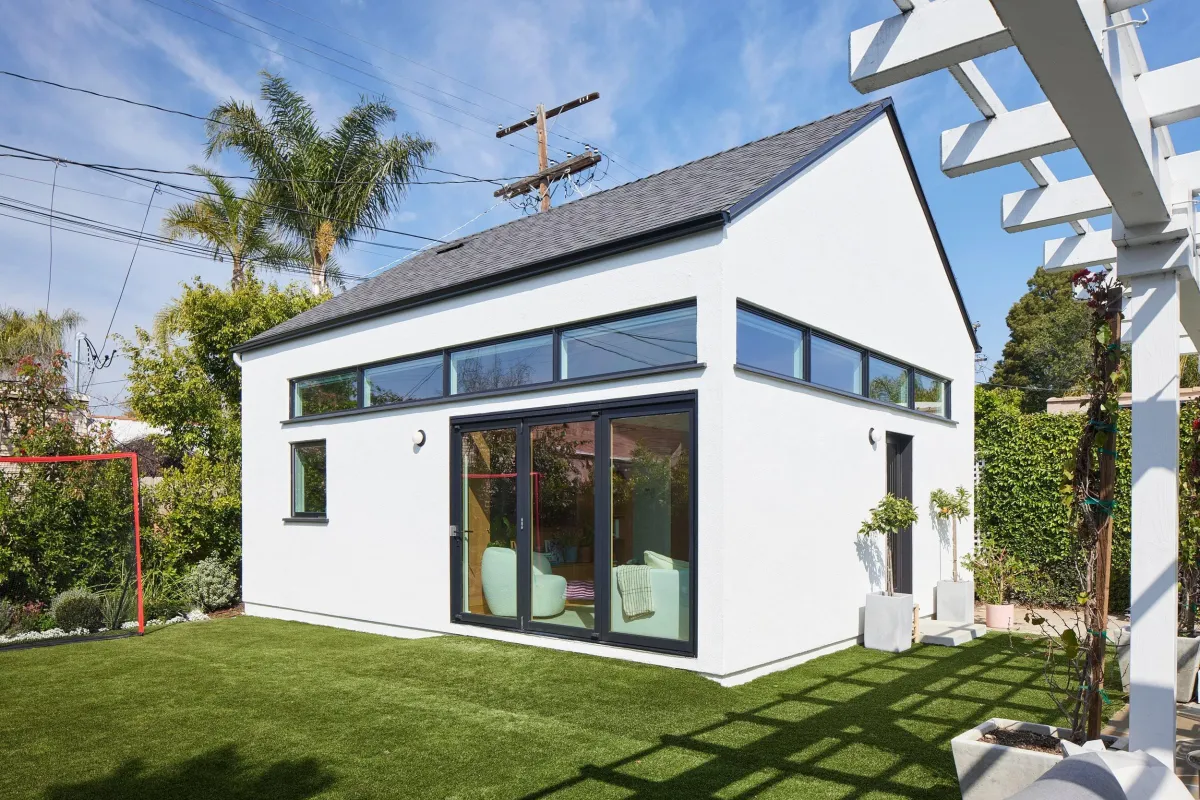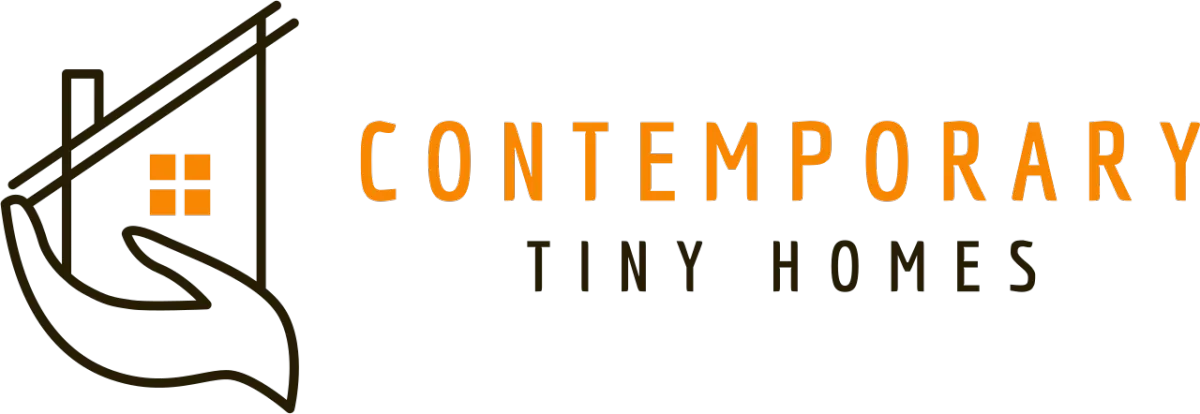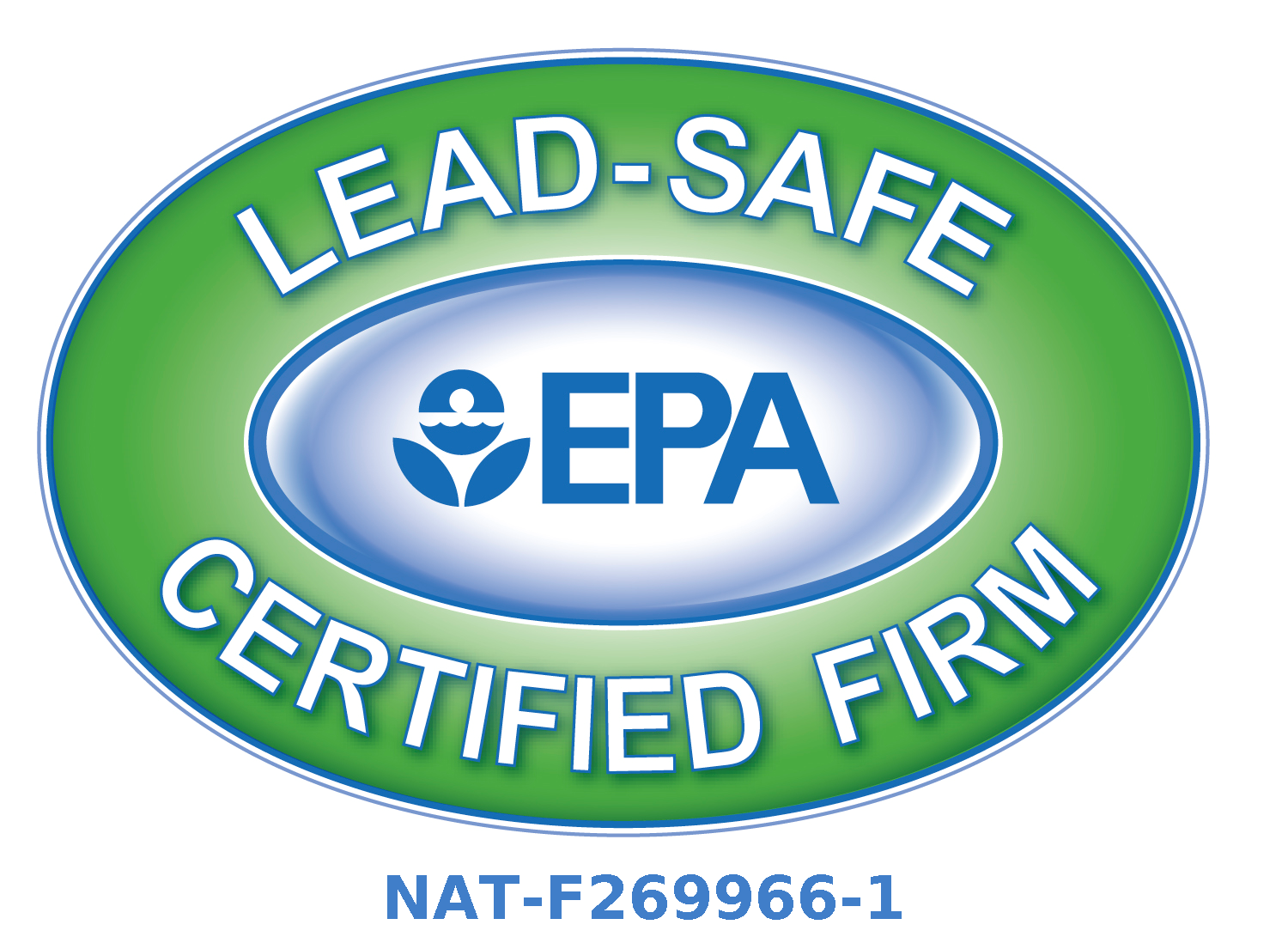Knowledge Center: Your Go-To Resource for ADUs and Tiny Living
Knowledge Center: Your Go-To Resource for ADUs and Tiny Living
Email [email protected]
Phone 860-TINY-HOM (es)

Top Questions and Answers on Tiny Homes and ADUs
This list of common questions and answers about tiny homes and ADUs serves as a comprehensive guide for individuals looking to understand the nuances and benefits of these alternative housing options. By addressing frequent queries such as zoning regulations, permitting processes, cost implications, and sustainability features, this resource provides valuable insights to help individuals make informed decisions about incorporating tiny homes or accessory dwelling units (ADUs) into their living arrangements.
Tiny Homes
What qualifies as a tiny house?
A tiny house is typically defined as a dwelling starting at 300 square feet, often built on a small foundation to maximize space efficiency.
What is the purpose of a tiny house?
Tiny houses are designed to offer affordable, minimalist living solutions that reduce environmental impact and promote simpler lifestyles.
How do tiny houses differ from traditional homes?
Tiny houses are much smaller and focus on minimalism, sustainability, and lower living costs compared to traditional homes.
What are the benefits of living in a tiny house?
Benefits include lower costs, reduced environmental footprint, simplified living, and the opportunity to maximize income.
How much does it cost to build a tiny house?
Building a tiny house can cost anywhere from $100,000 to $300,000, depending on materials, size, location, and custom features.
Can you live in a tiny house year-round?
Yes, with proper insulation, heating, and cooling systems, tiny houses can be lived in comfortably year-round in various climates.
Are tiny houses allowed everywhere?
No, tiny houses are subject to local zoning laws, building codes, and land-use regulations, which vary widely by city and state.
What states allow tiny homes?
Many States like Connecticut, California and Westchester County, New York are more tiny house-friendly, with specific communities and regulations that support them.
What materials are used to build tiny houses?
Common materials include wood, steel, and SIPs (structural insulated panels), along with eco-friendly and recycled materials for sustainable construction.
How are utilities handled in tiny houses?
Tiny houses can connect to traditional utilities like electricity and water or operate off-grid using solar panels, composting toilets, and rainwater collection systems.
Can you get a mortgage for a tiny house?
Traditional mortgages are rare, but financing options like RV loans, personal loans, or tiny house-specific lenders are available.
How long does it take to build a tiny house?
Building a tiny house can take several months, depending on whether it's DIY or professionally built.
What are the zoning laws for tiny houses?
Zoning laws vary, often dictating where tiny houses can be placed, setbacks, extra car space on driveways, and the minimum lot size required.
Are tiny houses eco-friendly?
Yes, tiny houses use fewer materials, require less energy to heat and cool, and often incorporate sustainable and renewable resources.
Can tiny houses withstand extreme weather?
With proper construction and materials, tiny houses can be built to withstand extreme weather conditions, including strong winds and heavy snow.
Is it cheaper to live in a tiny house?
Yes, living in a tiny house is generally cheaper due to lower utility bills, maintenance costs, and reduced expenses on household items.
What is the lifespan of a tiny house?
With proper maintenance, tiny houses can last 30 years or more, similar to traditional homes, although some materials may need replacement sooner.
What challenges come with tiny house living?
Challenges include limited space, zoning restrictions, difficulty in financing, and the need to adapt to a minimalist lifestyle.
Accessory Dwelling Units (ADUs)
What qualifies as an ADU?
An ADU is a secondary housing unit on a single-family residential lot that is independent but shares the same property as the primary home.
What does an ADU look like?
ADUs can vary in design, ranging from detached units, converted garages, basement apartments, or units attached to the primary house.
How is an ADU different from a regular house?
ADUs are typically smaller and designed to serve as additional living space, often with different zoning and utility setups compared to a primary house.
Why are ADUs becoming popular?
ADUs are gaining popularity due to their flexibility, affordability, and ability to provide extra income or accommodate family members.
Can an ADU have a kitchen and bathroom?
Yes, most ADUs are fully equipped with a kitchen, bathroom, and living area to function as a self-contained unit.
Do ADUs increase property value?
Yes, ADUs generally increase the property value by offering additional rentable space or enhancing the overall use of the property.
How much does it cost to build an ADU?
Costs can range from $200,000 to $300,000 or more, depending on the size, location, and type of ADU being constructed.
Are ADUs allowed in all cities?
No, the legality of ADUs varies by city, state, and local zoning regulations, with some areas having specific restrictions.
Do I need a permit to build an ADU?
Yes, most jurisdictions require building permits to ensure that the ADU meets local building codes and regulations.
Can I build an ADU on my property?
Building an ADU depends on local zoning laws and property size, but many areas are becoming more permissive to encourage housing options.
What are the benefits of having an ADU?
- Benefits include additional rental income, housing flexibility, accommodating family members, and increasing property value.
How long does it take to construct an ADU?
- Construction times vary but typically range from a few months to a year, depending on the complexity and size of the project.
Are there any tax implications for ADUs?
- Yes, adding an ADU can affect property taxes and potential rental income taxes, which vary by region.
What types of properties can have ADUs?
- Properties zoned for residential use, typically single-family lots, can host ADUs if they comply with local regulations.
Can ADUs be rented out?
- Yes, ADUs are often rented out as long-term or short-term rentals, generating income for homeowners.
What are the different types of ADUs?
- Types include detached ADUs, attached ADUs, garage conversions, basement conversions, and internal units within the primary residence.
Is an ADU the same as a tiny home?
- Not exactly; while both are small dwellings, tiny homes are often mobile and may not meet the building code standards required of ADUs.
How big can an ADU be?
- Size limits vary by location, but our ADUs are generally 300-900 square feet.
What are the restrictions on building an ADU?
- Restrictions may include size limits, setback requirements, parking requirements, and occupancy regulations.
Is owner occupancy required for an ADU?
- In some areas, the property owner must live in either the primary residence or the ADU, but this requirement varies by jurisdiction.
What are the pros and cons of ADUs?
- Pros: Increased property value, additional rental income, flexible living space, affordable housing options.
- Cons: High construction costs, zoning restrictions, potential property tax increases, and maintenance.
How does an ADU impact property taxes?
- Adding an ADU can increase property taxes based on the added value of the unit, but the exact amount depends on local tax regulations.
Are ADUs a good investment?
- Yes, ADUs can be a good investment by generating rental income, increasing property value, and providing housing flexibility.
What types of properties can have an ADU?
- Typically, single-family residential properties can have ADUs, but requirements vary by zoning laws and regulations.
Can I build an ADU on a vacant lot?
- Generally, ADUs are not allowed on vacant lots and must be built alongside a primary residence.
Do ADUs need to be connected to utilities?
- Yes, ADUs generally need to be connected to utilities like water, sewer, and electricity, either through the main house or independently.
How long does it take to build an ADU?
- The construction process can take from a few months to a year, depending on size, permits, and contractor schedules.
Can an ADU be sold separately from the main house?
- No, an ADU is considered part of the property and cannot be sold separately from the main residence.
Are ADUs environmentally friendly?
- Yes, ADUs promote sustainable living by using fewer resources and encouraging efficient land use.
Do ADUs need separate addresses?
- Not necessarily; some ADUs may share the primary residence's address, while others may be assigned a separate address.
What is the difference between an ADU and a duplex?
- A duplex consists of two separate dwellings on one property with equal status, while an ADU is a secondary unit on a lot with a primary residence.
Can I use an ADU as a short-term rental?
- Depending on local regulations, some areas allow ADUs to be used as short-term rentals, while others may have restrictions.
How do ADUs affect neighborhood density?
- ADUs can increase neighborhood density by providing additional living units without expanding the land footprint.
What financing options are available for ADUs?
- Financing options include home equity loans, personal loans, construction loans, or specialized ADU loans.
Do ADUs have to comply with building codes?
- Yes, ADUs must meet local building codes and standards to ensure safety and habitability.
Can ADUs be multi-story buildings?
- Yes, ADUs can be multi-story structures as long as they comply with local height and zoning regulations.
Are there design restrictions for ADUs?
- Yes, some areas have specific design guidelines for ADUs to ensure they match the aesthetics of the main house and neighborhood.
Do I need a permit to build an ADU?
- Yes, building permits are typically required for ADUs to ensure they meet local codes and zoning requirements.
Can ADUs increase my home insurance premiums?
- Yes, adding an ADU may increase home insurance costs due to the added value and potential risks of the additional unit.
Is there a minimum size requirement for an ADU?
- Minimum size requirements vary by local codes, but they generally must be large enough to be a livable space. Ours begin at 300 square feet.
Are there specific laws governing ADUs in my state?
- Yes, each state has its own set of laws and regulations governing ADUs, which can vary widely in terms of allowances and restrictions.
Can I convert an existing structure into an ADU?
- Yes, existing structures like garages, basements, or attics can often be converted into ADUs if they meet local building codes.
How do ADUs impact a property's resale value?
- ADUs generally increase property resale value by providing additional living space and potential rental income.
Can I live in the ADU and rent out the main house?
Yes, in many places, homeowners can choose to live in the ADU and rent out the main house, depending on local regulations.
What materials are best for constructing an ADU?
Common materials include wood, steel, and concrete, chosen for durability, cost, and energy efficiency.
Are ADUs subject to property zoning laws?
Yes, ADUs must comply with local zoning laws, which determine where they can be built and any restrictions on their use.
How does an ADU affect property maintenance?
An ADU can increase maintenance needs, as both the main house and ADU require upkeep, though it also offers rental income to offset costs.
Can an ADU be used as a home office?
Yes, ADUs are often used as home offices due to their self-contained nature and the flexibility they provide.

Copyright 2026. All rights reserved. Norwalk, CT
Connecticut's New Home Construction Contractor License: #NHC.0017654
EPA Lead-Safe Certified NAT-F269966-1



